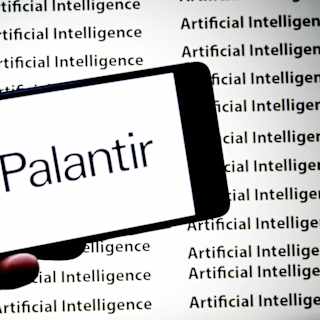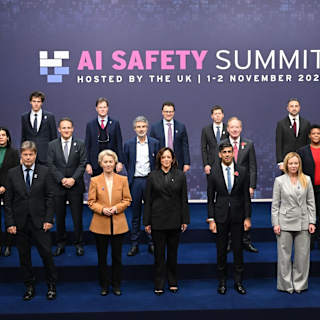- Explosive Growth Amid Trust Concerns
- Financial Performance and Market Position
- Cautionary Messaging
OpenAI CEO Sam Altman warned users against placing excessive trust in ChatGPT despite the artificial intelligence company reaching 500 million weekly active users as of March, cautioning that the technology "hallucinates" and fabricates information.
Speaking on a recent OpenAI podcast episode, Altman expressed surprise at users' confidence in the AI system. "People have a very high degree of trust in ChatGPT, which is interesting because AI hallucinates. It should be the tech that you don't trust that much," he said, according to Complex.

The warning comes as OpenAI experiences unprecedented expansion. The company's user base has grown from 400 million weekly active users in February to 500 million by March, according to company executives12. Some reports suggest the number may have reached 800 million to 1 billion users by April, with Altman noting that "something like 10% of the world uses our systems"34.
OpenAI's Chief Operating Officer Brad Lightcap told CNBC that consumer growth is driven by word-of-mouth adoption, with users recognizing the utility of AI tools5. The company also doubled its paying enterprise customers to 3 million as of June, up from 2 million in February4.
The user surge has translated into financial gains. OpenAI's annualized revenue doubled to $10 billion as of June 2025, from $5.5 billion in December 202412. The company projects $12.7 billion in revenue for 2025, though it recorded $5 billion in losses in 202413.
The growth occurs despite intensifying competition from rivals including China's DeepSeek, whose low-cost AI model disrupted the industry earlier this year45. OpenAI recently partnered with Google Cloud to enhance its computing infrastructure to meet growing demand1.
Altman's remarks about AI hallucinations highlight a persistent challenge for the technology. He warned that ChatGPT can "confidently give you a well-crafted but false explanation" when asked to define nonexistent terms1. The comments represent a notable shift from typical tech executive messaging, which often emphasizes capabilities over limitations.
The CEO's candid assessment comes as AI tools become embedded in daily life across industries, from healthcare to financial services2. "You can ask it to define a term that doesn't exist, and it will confidently give you a well-crafted but false explanation," Altman said, emphasizing the deceptive nature of AI responses1.



